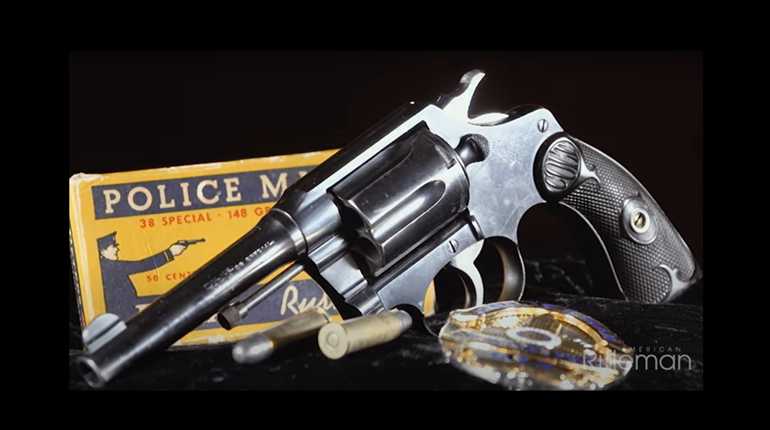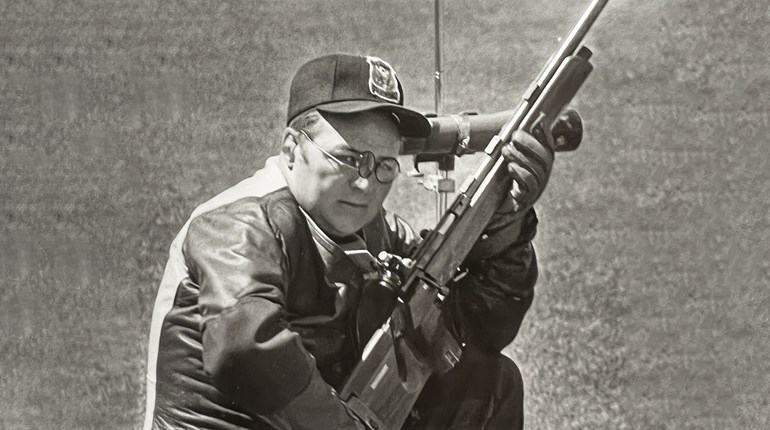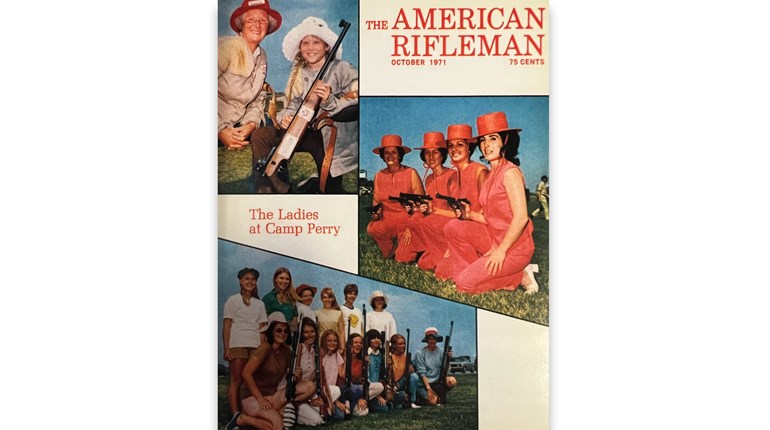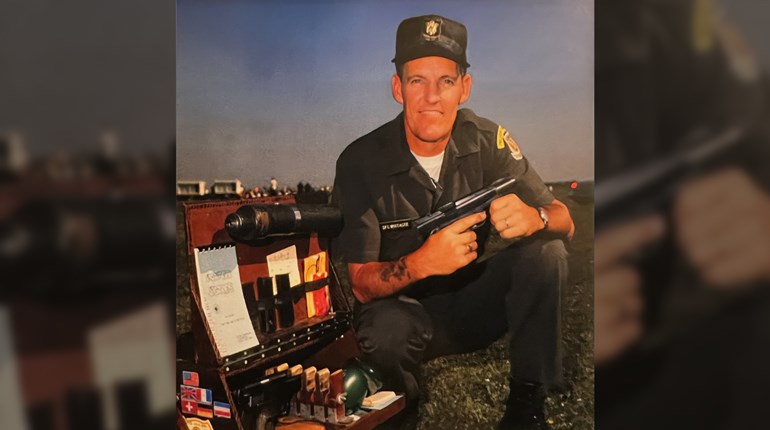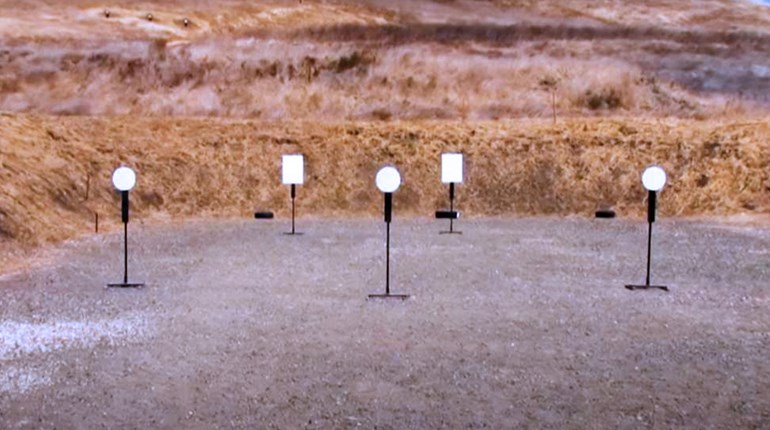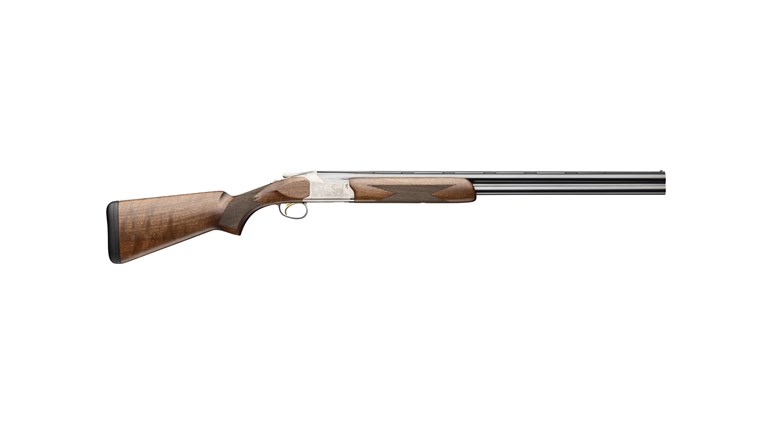
Around 1248 A.D., the English monk Roger Bacon recorded the formula for gunpowder in his manuscript De secretis operibus artis et naturae. Bacon again mentioned gunpowder in his tract Opus Majus, written in 1260. About the same time, Albertus Magnus recorded a formula for gunpowder in his De mirabilius mundi ignium, and Berthold Schwartz experimented with gunpowder in Germany. As these men ushered in the Age of Gunpowder in Europe, little did they suspect the major changes gunpowder would create in the social order, political systems, military tactics, architecture, science and industry. One way to tell just how much of an impact this innovation had is to note its mention in late-Medieval and early Renaissance manuscripts. For this #ThrowbackThursday, we're showcasing five quotes from that time that illustrate just how entwined firearms are with Western culture.
1. Roger Bacon, De secretis operibus artis et naturae et nulliate magiae (On the marvellous power of art and of nature and on the nullity of magic), c. 1248
Editor's note: One important thing to remember when reading Bacon's work is that he was a very early supporter of the scientific method in medieval England. Because what we currently think of as "science" was so poorly understood at the time, many valid scientific theories are often expressed in terms associated with the now discredited practice of alchemy.
"But however of stone of Tagus (saltpetre), take seven parts, five parts of young hazelwood (charcoal) and five parts vapor of pearl (sulphur), and so you will make thunder and lightning..."
2. Geoffrey Chaucer, House of Fame, c.1373
Editor's note: Chaucer was among the first popular writers of his time to write in "the vulgar tongue"...English. Since this is Middle English, both "gonne" and "ronne" would have been pronounced with two syllables: "goh-nah" and "roh-nah."
"Swift as a pillet out of a gonne
When fire is in the pouder ronne"
3. Nicolo Tartaglai, La Nova Sciento Invento, 1537
Editor's note: During Tartaglai's time, the word "lusty" simply meant "healthy and vital."
"A gunner ought to be sober, wakefull, lusty, hardy, patient, prudent and a quick-spirited man, he ought also to have good eyesight, a good judgement and perfect knowledge to select a convenient place on the day of service, to plant his Ordnance where he may do most hurt unto enemies and be least annoyed by them..."
4. Robert Boyle, 1664
Editor's note: Robert Boyle, born in Ireland, is regarded today as the first truly modern chemist. He's best known for "Boyle's Law," which describes the way gases behave under pressure.
"The invention of gunpowder hath quite altered the condition of Martial Affairs over the world, both by sea and by land."
5. William Eldred, Master Gunner of Dover Castle, 1646
Editor's note: Although we can't be sure, this may be the first written complaint about people who should to be able to shoot...but can't. Three hundred and seventy years later, this remains a popular topic on the Internet, to say the least.
"See that every gunner is able to discharge his duty, and not for favor or affection to preferre such as say most and doe least, but that every man be preferred to place credit and esteem according to his honest behavior, and skill at his singular art...not to suffer every tagge and ragge to be a gunner as is too much used these days in Townes of Garrison, who are never practised in the Art, nor hath discretion nor desire to practise therein: A great number of such have only but the bare name of a gunner, although their standing hath been of a long time."













